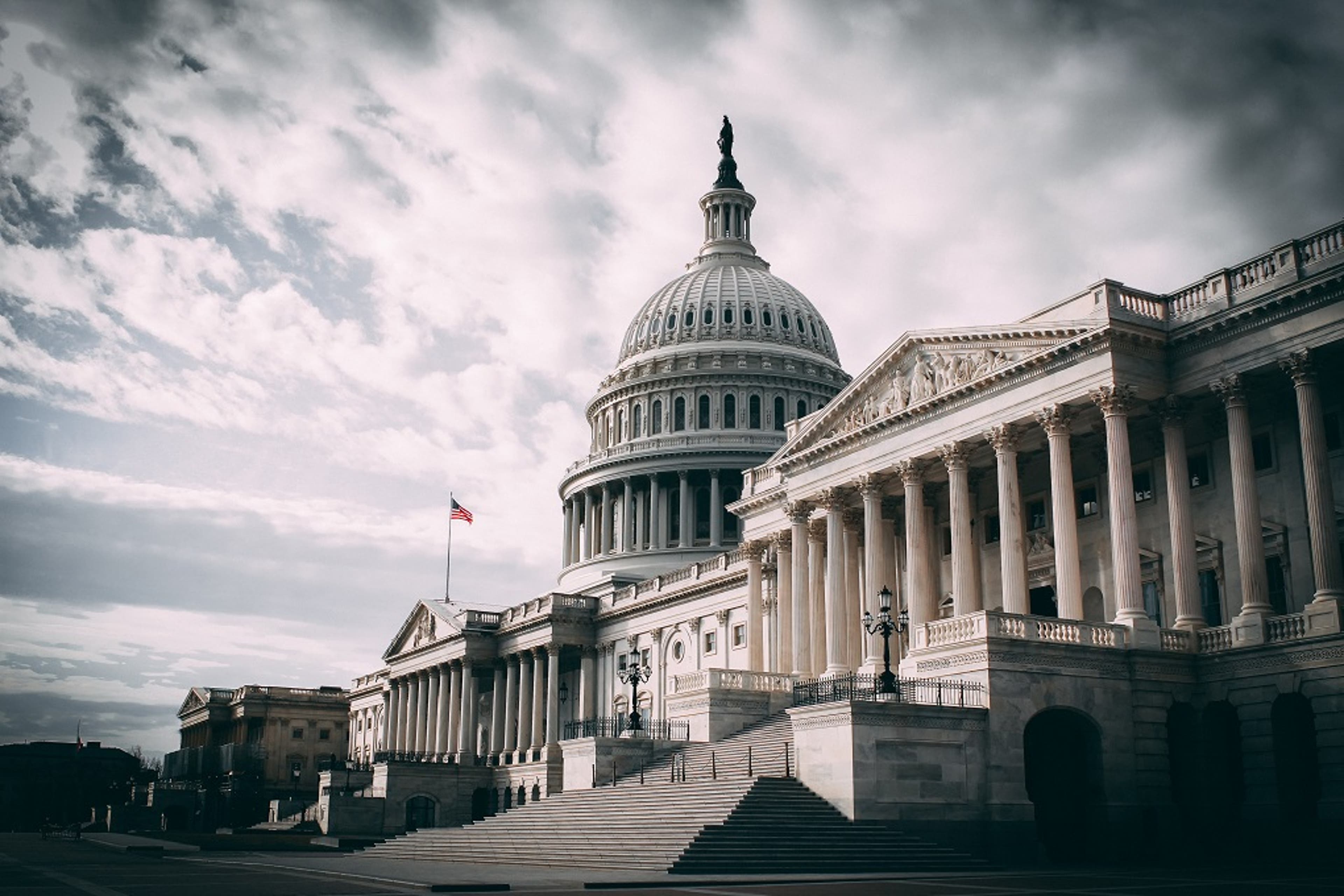Hello world! Welcome to our new dispatch from the U.S. capital. It feels right that just as Washington comes alive again, with pandemic optimism rising in sync with the temperature, I am entering my sixth week as Managing Director, IAPP D.C. Thank you to everyone in the technology policy community who has welcomed me to the table. I am here to serve as a resource for policymakers and privacy professionals alike. Please reach out — let’s connect and talk about what comes next for privacy: cobun@iapp.org. Here's what’s going on:
- The White House issued an executive order on “digital assets” (i.e., cryptocurrency and non-fungible tokens). Among other issues, the EO highlights that the U.S. has an interest “in ensuring that digital asset technologies and the digital payments ecosystem are developed, designed, and implemented in a responsible manner that includes privacy and security in their architecture.” The EO encourages both the Federal Trade Commission and Consumer Financial Protection Bureau “to consider the extent to which privacy or consumer protection measures within their respective jurisdictions may be used to protect users of digital assets and whether additional measures may be needed.”
- The White House also hired more tech policy staff. Tim Wu, known for popularizing the idea of “network neutrality,” now serves as Special Assistant to the President for Technology and Competition Policy. In a quieter move, Jim Halpert, formerly the co-chair of DLA Piper’s global privacy & cybersecurity practice, joined the Office of the National Cyber Director as its General Counsel.
- The Federal Trade Commission announced a Children's Online Protection Privacy Act settlement, which included a data disgorgement requirement. The settlement results from a complaint against WW International based on its practices around a weight loss application marketed for use by children. In addition to deleting children’s personal data and destroying any algorithms derived from the data, the company will pay a $1.5 million penalty. Two essays worth reading on the development and future of the data disgorgement remedy: this Privacy Advisor piece by Heather Federman, CIPP/US and this Protocol article by Kate Kaye.
- The Equal Employment Opportunity Commission hosted another listening session on AI and algorithmic fairness. Continuing a series of such sessions, the EEOC focused this time on “the unique threats and issues that AI and other algorithmic tools can pose for individuals with disabilities.” Watch here.
- As Utah prepared to pass the newest U.S. state privacy law, consumer advocates criticized current trends in privacy bills. In a Twitter thread, Justin Brookman of Consumer Reports outlined a “concerted push by the biggest tech companies to enact weak bills.” Axios reported on “the intrigue” surrounding industry groups such as TechNet and the State Privacy and Security Coalition. Meanwhile, a state legislator sent a personal entreaty to all privacy professionals: “I write with the hope that you see an opportunity in this fiasco that is the legislative process and that you would be willing to help volunteer to educate me and my colleagues about how what we’re doing affects you and your clients.”
Upcoming happenings:
- Thursday, March 17 at 1 p.m. EDT — The Federal Trade Commission will host its March Open Commission Meeting. No privacy issues are currently listed on the tentative agenda.
- Friday, March 18 at 3 p.m. EDT — The Future of Privacy Forum hosts the final talk in its CPRA Law + Tech Series: Universal Opt-Outs and Global Privacy Controls.
Photo by Harold Mendoza on Unsplash

